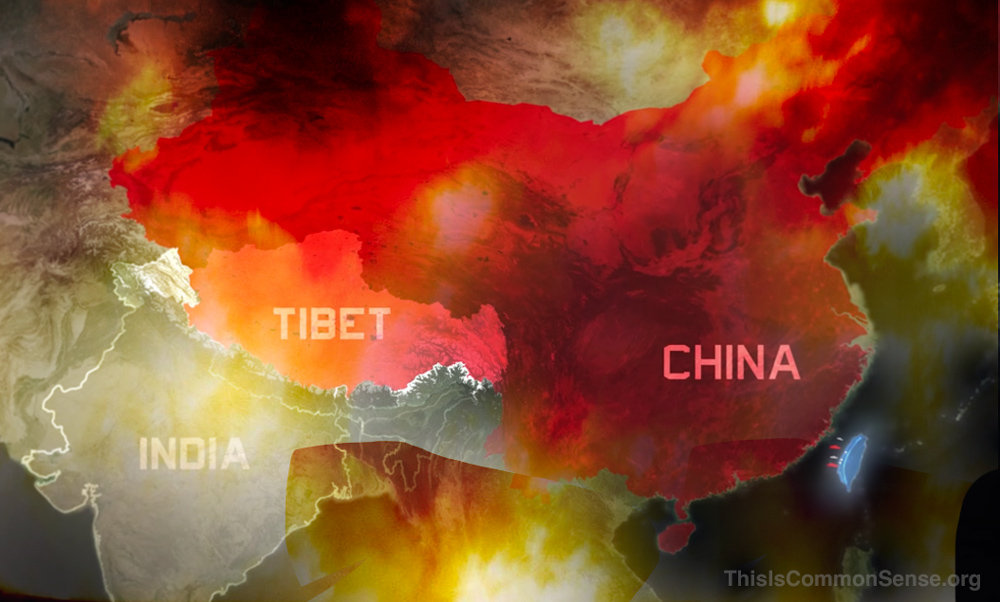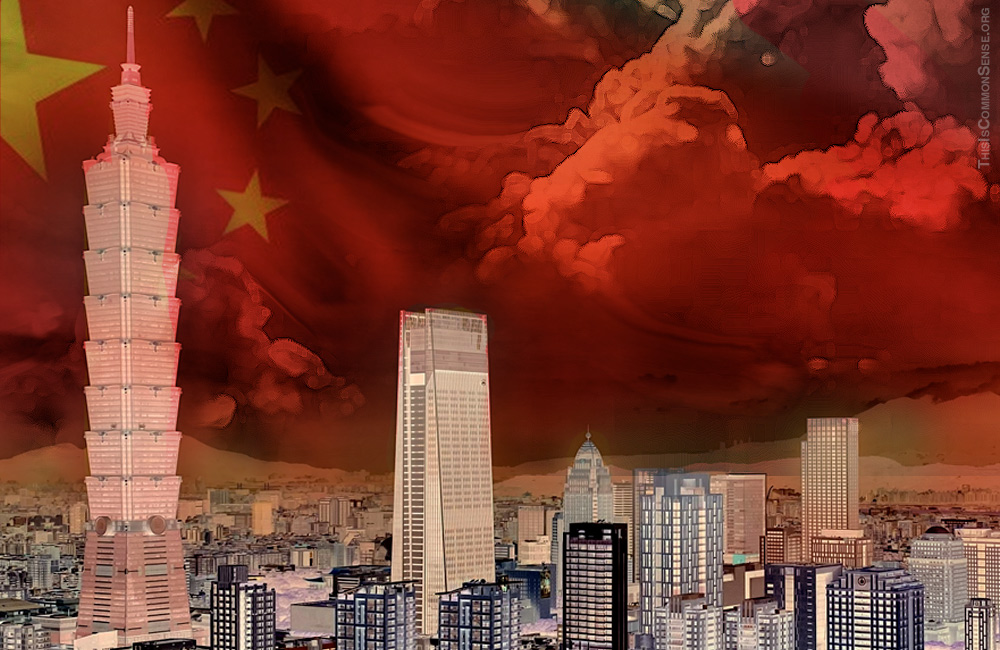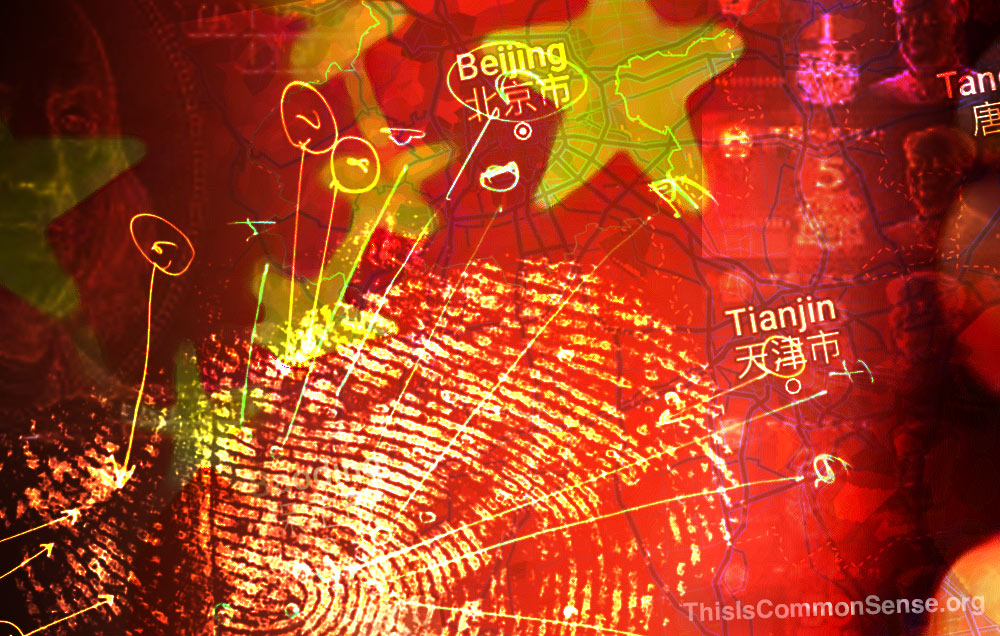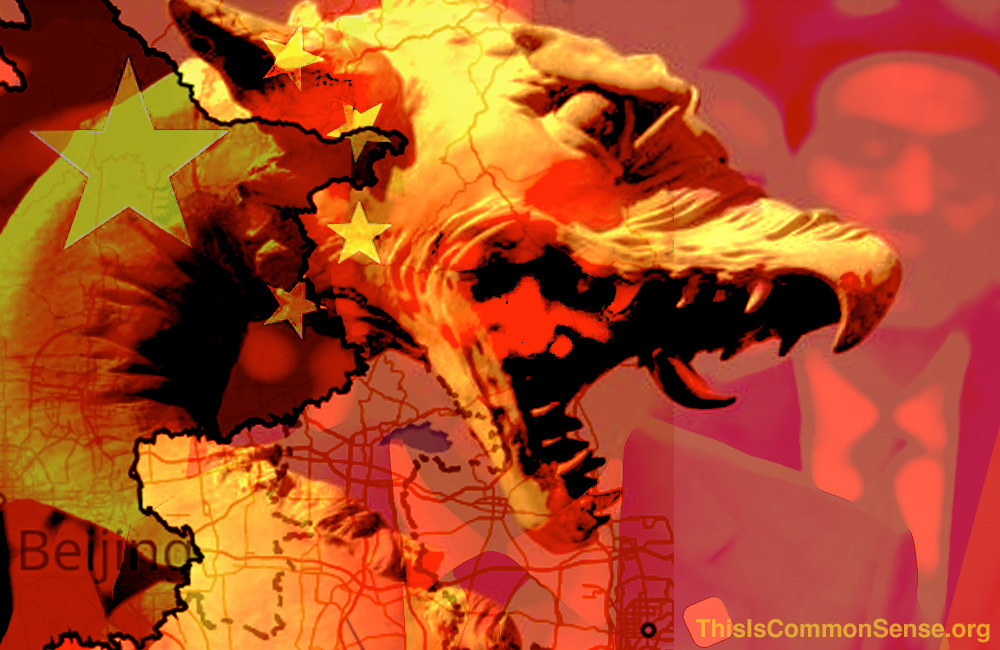“WARNING,” it began, “THIS VIDEO MAY BE UPSETTING TO SOME VIEWERS.”
Just the all-caps was upsetting, I thought to myself.
Still, I was all ears and eyes for Johnny Harris’s “Here’s What Happens If China Invades Taiwan,” which garnered seven million views since February.
Harris was “a little bit conflicted making this video,” because he “feels very against the machismo fascination with conflict,” telling viewers that “we’re talking about people’s lives” and “entire societies being ripped about by a power struggle.”
Declaring that “China doesn’t want war,” Harris hazards that Mainland China “will probably try much less violent ways to try to force Taiwan to the negotiating table before resorting to all-out invasion.”
Masters of benevolence, the Chinese Communist Party (CCP) will … accept surrender!
Mr. Harris points out that the CCP has passed a law saying they “must” invade Taiwan if peaceful reunification is not possible. Explaining the dearth of support in Taiwan for joining their totalitarian neighbors, he notes “the interpretation of this law [is] more and more on the side of China should do this forcibly.”
Why, it’s “a legal imperative.”
And protecting “this far away island,” asserts Harris, “is something the American public broadly would not be into.” (Though, ahem, recent polling says otherwise.)
“I really hope that we are past needing to resort to this version of conflict to settle our disputes at this time in our history,” he concludes. “But I’m not totally convinced that we are yet.”
The CCP part of “we” is clearly not there.
“We can talk about it,” explains Harris. “We can find creative ways to solve this.”
My take? Don’t expect too much creativity from the CCP.
This is Common Sense. I’m Paul Jacob.
—
See all recent commentary
(simplified and organized)





